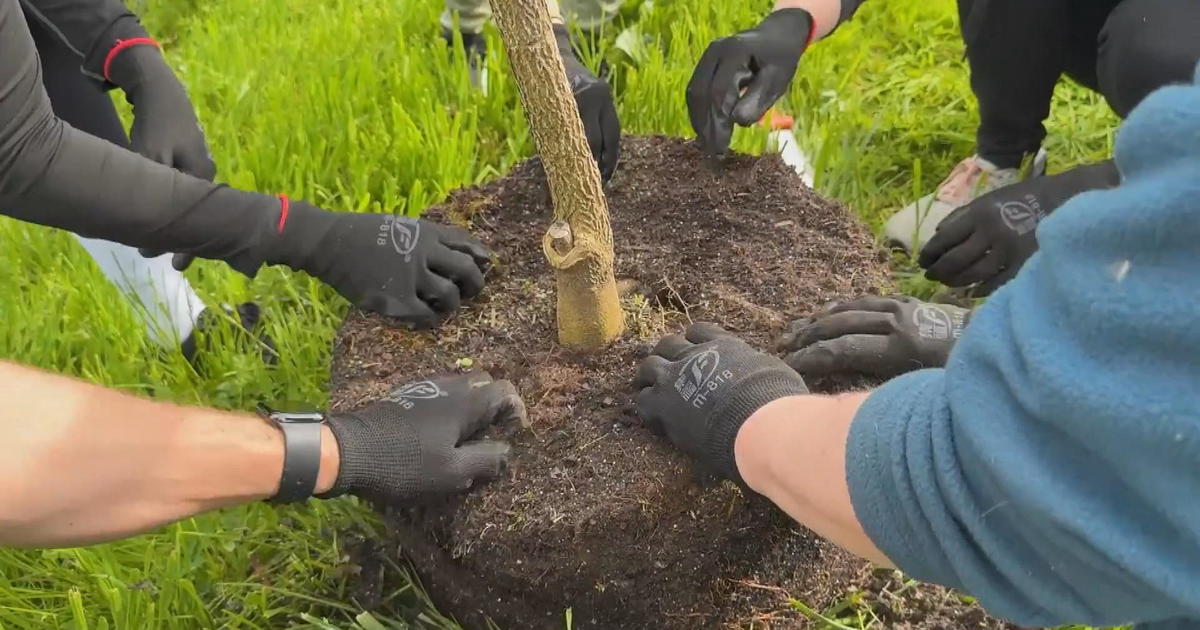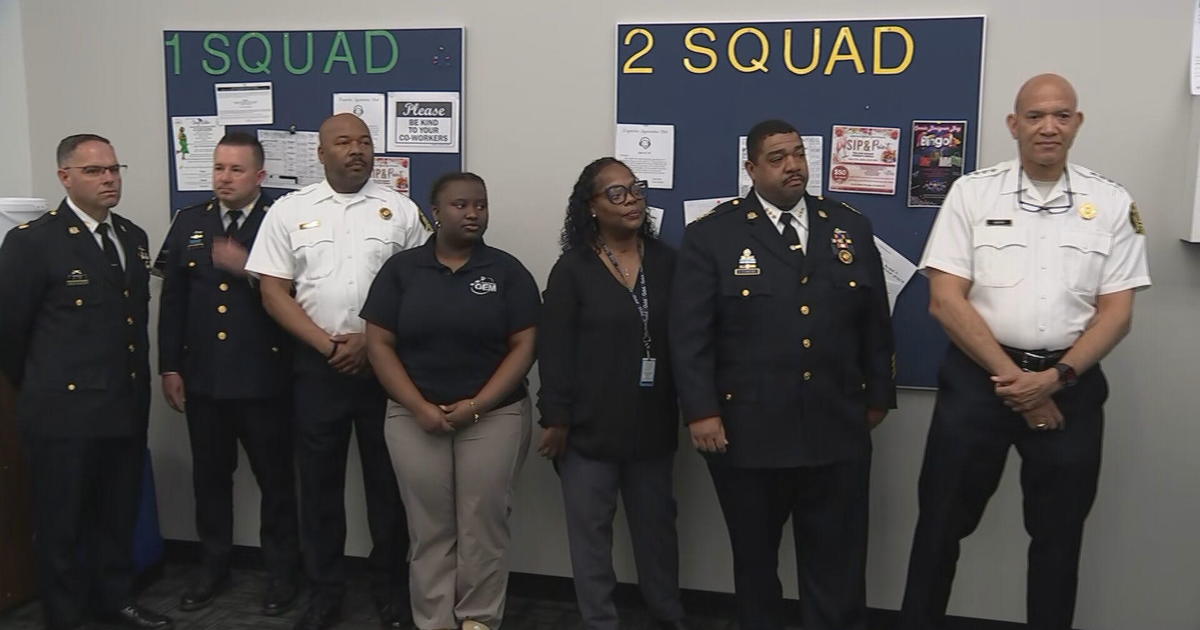Hope For Preemies As Researchers At CHOP Create Artificial Womb
PHILADELPHIA (CBS) -- Researchers at the Children's Hospital of Philadelphia are creating an artificial womb to help extremely premature babies. It's still in the animal testing phase, but it holds tremendous promise.
Extreme prematurity is the leading cause of infant mortality and for those who survive - there are life-long disabilities. This artificial womb could eventually give them an extra few weeks to develop.
Premature infants weighing as little as a pound are hooked to ventilators and other machines inside incubators, so their lungs can more fully develop.
Children's Hospital of Philadelphia is aiming for a gentler solution.
"The challenging age we're trying to offset is that 23-week, 24-week baby who is faced with such a challenge of adapting to life outside of the uterus on dry land, breathing air when they're not supposed to be there yet," said Dr. Emily Partridge, CHOP researcher.
CHOP researchers are testing a device that would give those preemies a couple extra weeks in an artificial womb.
"It's meant in some ways to swaddle and keep the fetus supported physically the way that it would be in the uterus," said Partridge.
The technology was tested on fetal lambs, whose development is similar to humans.
A bag is filled with lab made amniotic fluid. The fetus breathes it as it normally would in the womb, and the heart pumps blood through an umbilical cord into a gas exchange machine outside the bag.
"It is a fluidic incubator so the infant is re-immersed in an artificial amniotic fluid, and the infant will survive inside the biobag with the oxygenator on the outside for a period of up to three or four weeks," said Marcus Davey, CHOP researcher.
The eight fetal lambs who were tested in the device showed normal development. Researchers hope one day the same technology could work the same on human babies.
"With each week of advancing gestation, the morbidity, and the mortality progressively decrease," said Alan Flake, Director at CHOP Center for Fetal Research.
Human testing still is three to five years away, although the team already is in discussions with the Food and Drug Administration. CHOP researchers say they're not aiming to extend viability to an earlier period than the current mark of 23 weeks.



